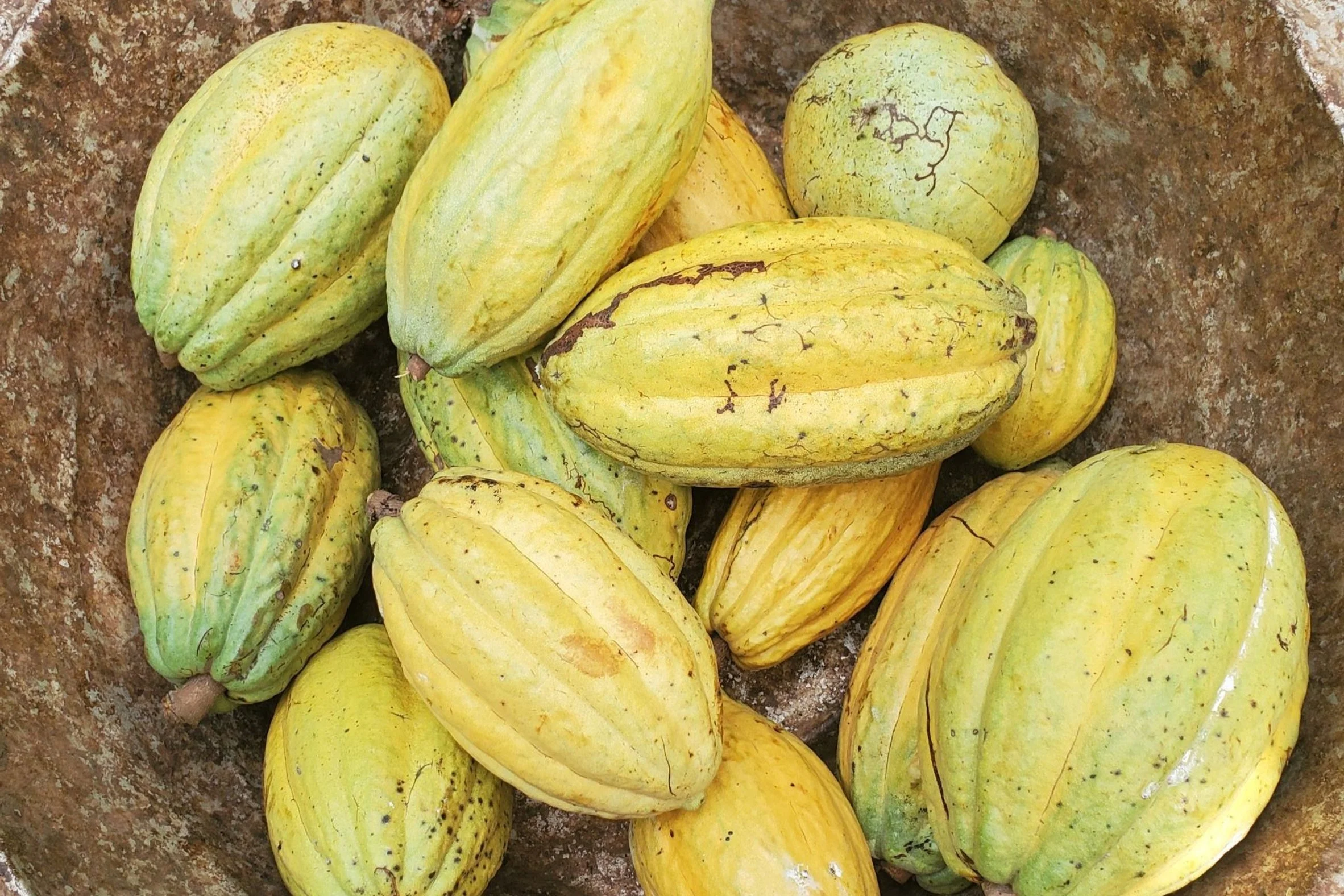
“Research is formalized curiosity. It is poking and prying with a purpose.” Zora Neale Hurston
Researcher.
Intersectional feminist. Teacher.
Miriam Hird-Younger is an Adjunct Research Professor in the Department of Sociology and Anthropology at Carleton University (Ottawa, Canada).
(Photo Credit: Jenn Stark/Dave Stark)
Research Focus
Miriam is a researcher and practitioner in the field of international development with a focus on participatory development, food and agricultural systems, gender, and youth leadership. Miriam is a qualitative researcher and draws primarily on participatory and ethnographic methodological approaches, including participant observation and in-depth interviews. Miriam grew up on a sheep farm in Southern Ontario, but has spent the last 10+ years working and researching in the development sector in West Africa. (Art pictured in Accra by Mowadu)
Fair-Trade Cocoa Farming in Ghana
Miriam recently wrapped up an ethnographic study of the meaning and significance of fair-trade designation for smallholder cocoa farmers in Ghana, with an emphasis on the non-financial and non-economic importance of fair trade. The project, entitled "“Cocoa! Good, Good, Good!”: The significance of fair-trade cocoa farming in Ghana", aimed to strengthen our understanding of the motivations of fair-trade farmers as well as their challenges, which will better elucidate the significance of fair-trade globally, especially given recent admissions from fair-trade cocoa organizations that their farmers make well below a living wage. Reports and briefs from this research can be viewed on the Publications page.
Trust and Mistrust in Partnerships
Trained in ethnographic and qualitative research, Miriam’s doctoral thesis explored the everyday dynamics of successful (and failed) partnerships between civil society, government, and private sector organisations in Ghana. Miriam's thesis argued the counterintuitive point that mistrust can sometimes be useful in building partnerships, as practices of mistrust help to navigate ethical positions and unequal power structures that arise within collaborations.
Teaching Engaged and Global Citizens
Miriam is a course instructor in the areas of anthropology, gender, development, and food studies. Miriam’s teaching draws on participatory and experiential pedagogies grounded in intersectional, feminist, and anti-racist practices. Miriam’s core aim in teaching is to support students in understanding the patterns in their everyday life and how these are interrelated with global systems of poverty, inequality, racism, and patriarchy.




